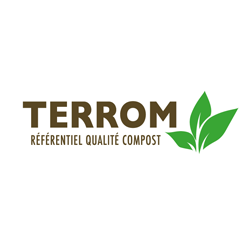Accreditation
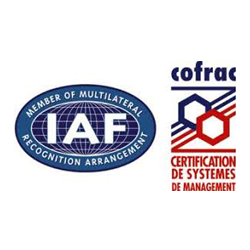
Cofrac Management System
Accreditation

Cofrac Management System
Apave Certification is accredited by COFRAC (in accordance with ISO 17021-1) for:
- Management systems certification (accreditation no. 4-0552 - scope available at www.cofrac.fr)
- Quality (NF EN ISO 9001: 2015)
- Environment (NF EN ISO 14001: 2015)
- Energy (NF EN ISO 50001: 2018)
- Occupational Health and Safety (NF EN ISO 45001 : 2018)
- Nuclear (NF ISO 19443)
Accreditation
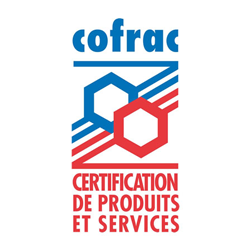
Cofrac Certification of Products and Services
Accreditation

Cofrac Certification of Products and Services
Apave Certification is accredited by COFRAC (according to ISO 17065) for:
- Service certification (accreditation no. 5-0587 - scope available at www.cofrac.fr):
- QUALIOPI: quality of training courses
- Training in the protection of personal data
Accreditation
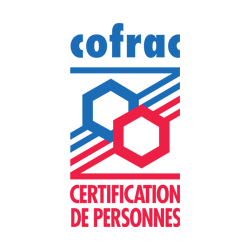
Cofrac Certification of Persons
Accreditation

Cofrac Certification of Persons
Apave Certification is accredited by COFRAC (under ISO 17024) for:
- Certification of persons (accreditation no. 4-0521 - scope available at www.cofrac.fr) :
- Data Protection Officer (DPO)
Accreditation
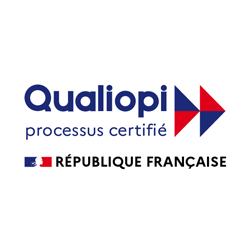
Qualiopi
Accreditation

Qualiopi
Apave Certification is accredited by the COmité FRançais d'ACcréditation (Cofrac - accreditation no. 5-0587 - scope available on the website www.cofrac.fr) for the certification of these providers of actions contributing to skills development on the basis of the national quality certification reference framework (D. 6316-1-1): click here.
Recognition
.png?h=250&iar=0&w=250&rev=-1&hash=65F48155D7C83F431E62E9DF3B628D1F)
France Compétences
Recognition
.png?h=250&iar=0&w=250&rev=-1&hash=65F48155D7C83F431E62E9DF3B628D1F)
France Compétences
Apave Certification ensures employability with skills certifications eligible for the CPF, such as:
- Maintenance and upkeep of premises
- Steam or superheated water boiler plant operation with or without permanent human presence
Recognition
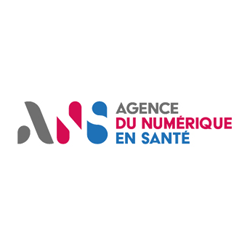
Digital Health Agency
Recognition

Digital Health Agency
Apave Certification is recognised by the Agence du Numérique en Santé for:
- The Digital Hospital Quality certification
Accreditation
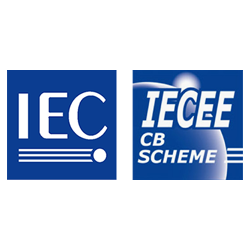
IECEE CB Scheme
Accreditation

IECEE CB Scheme
Apave Certification is recognised by the IECEE for:
- The CB Scheme, certification of electrical and electronic products
Recognition
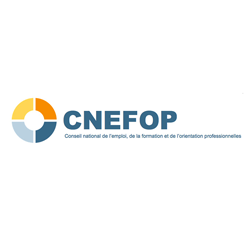
CNEFOP
Recognition

CNEFOP
Apave Certification is recognised by the CNEFOP for:
- The Quality label for Training Actions
Apave Group's international accreditations
issued by Apave Certification
Belgium
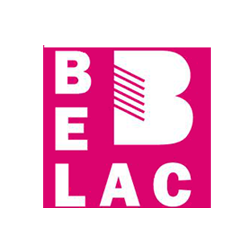
BELAC
Belgium

BELAC
Apave Belgium SA is accredited by BELAC for the certification of OHS management systems VCA 2017/6.0 / VCU 2011/05 (accreditation no. N°651-QMS - scope available on the BELAC website).
Gulf countries
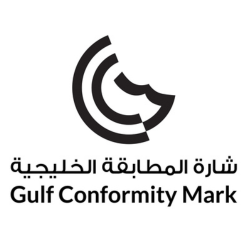
Gmark
Gulf countries

Gmark
Apave Certification supports you in your certification procedures for market access in Gulf countries.
Why
choose Apave Certification?

Independent third party
Apave Certification, a subsidiary of the Apave Group, benefits from strong business expertise, focused on your challenges and based on extensive customer feedback for over 150 years. Thanks to a network of qualified auditors, laboratories and assessors, carefully selected for optimum service quality, we operate throughout France and internationally.

Trust
Apave Certification is a human-sized organization with a customer-focused approach. Apave Certification is an independent, third-party certification body that supports you in your certification and labeling processes, whether voluntary or regulatory.

Commitment
The assurance of personalized follow-up, both for the management of your certificates and for the creation of customized reference systems. The assurance that your certifications will be recognized by a world-renowned risk management organization.
Discover our
news

